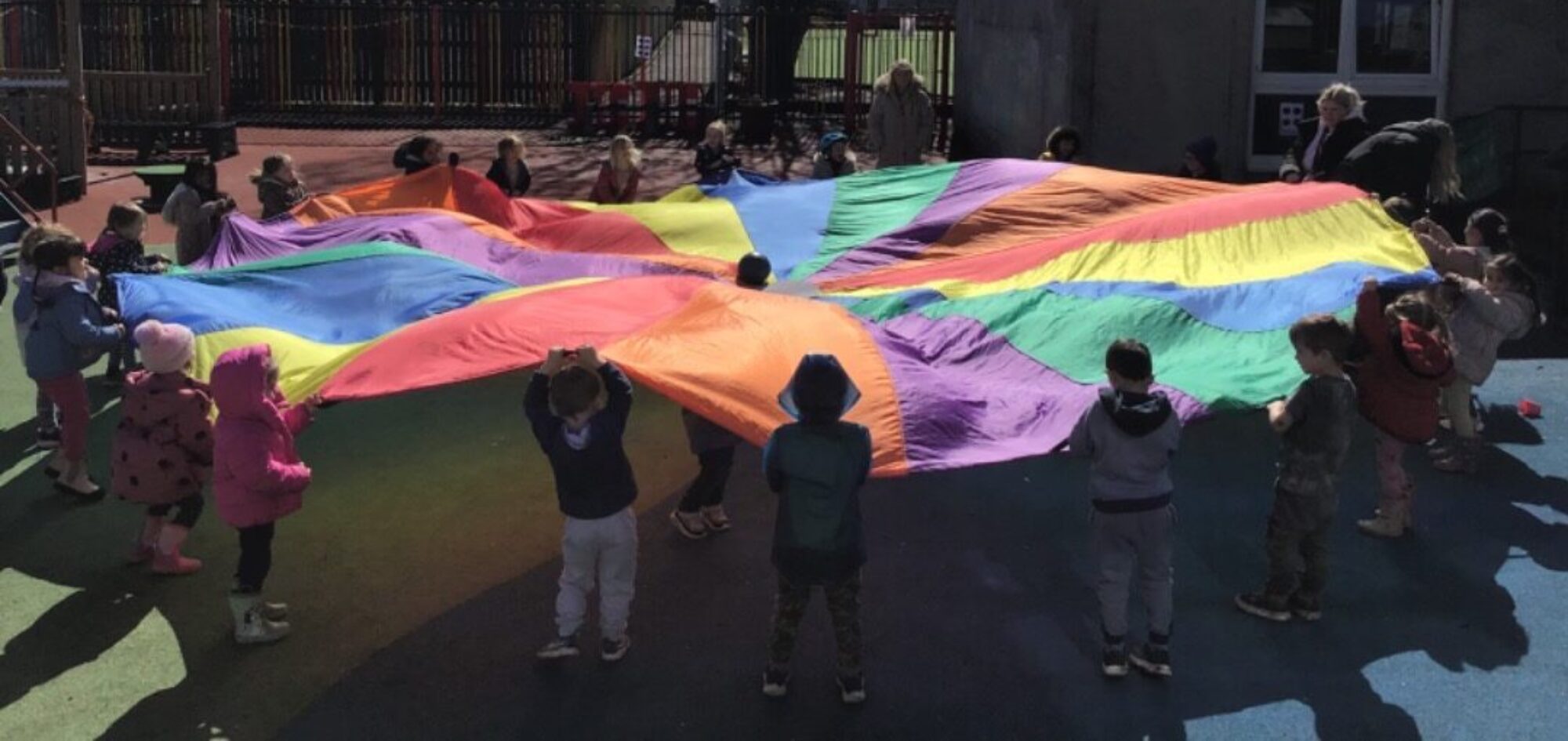Adverse Childhood Experiences – NHS Scotland video
ACES Overview – What are ACES?
Adverse Childhood Experiences (ACEs) are stressful events occurring in childhood including
- domestic violence
- parental abandonment through separation or divorce
- a parent with a mental health condition
- being the victim of abuse (physical, sexual and/or emotional)
- being the victim of neglect (physical and emotional)
- a member of the household being in prison
- growing up in a household in which there are adults experiencing alcohol and drug use problems.
Growing up with adverse childhood experiences (ACEs) such as abuse, neglect, community violence, homelessness or growing up in a household where adults are experiencing mental health issues or harmful alcohol or drug use, can have a long-lasting effect on people’s lives.
This is why preventing ACEs and supporting children and adults affected is a priority for us.
We are working in partnership with a wide range of sectors and services to help reduce the incidence and impact of all types of childhood adversity, focusing on:
- support for children, parents and families to prevent ACEs
- mitigating ACEs for children and young people
- training for staff across the workforce in supporting people who have experienced trauma
- raising wider awareness about ACEs and supporting action across communities
We are also working to address the social and economic circumstances in which people live. Social inequalities, such as poverty or gender inequality, can influence the levels of childhood adversity and trauma along with people’s ability to overcome that experience. We know that Covid-19 is likely to have led to an increase in childhood adversity and trauma – and to an increase in these social inequalities as well.
Individual experience of adversity
Individuals’ experience of adversity and how they respond will depend on a range of factors, including the existence of supportive relationships and access to financial and other resources. Therefore, it is not possible to determine an individual’s longer term health or other life outcomes based on the number of ACEs they have experienced.
So, while childhood adversity may have a significant impact on children and throughout their adult lives, such experiences should not be seen as placing limits on someone’s aspirations and achievements. This is why we do not advocate scoring the number of ACEs an individual has within service settings.
However, increasing our understanding of ACEs at a population level, through surveys, is important for gauging the societal prevalence of ACEs and understanding how this is impacting on health, the criminal justice system or other services and outcomes.

